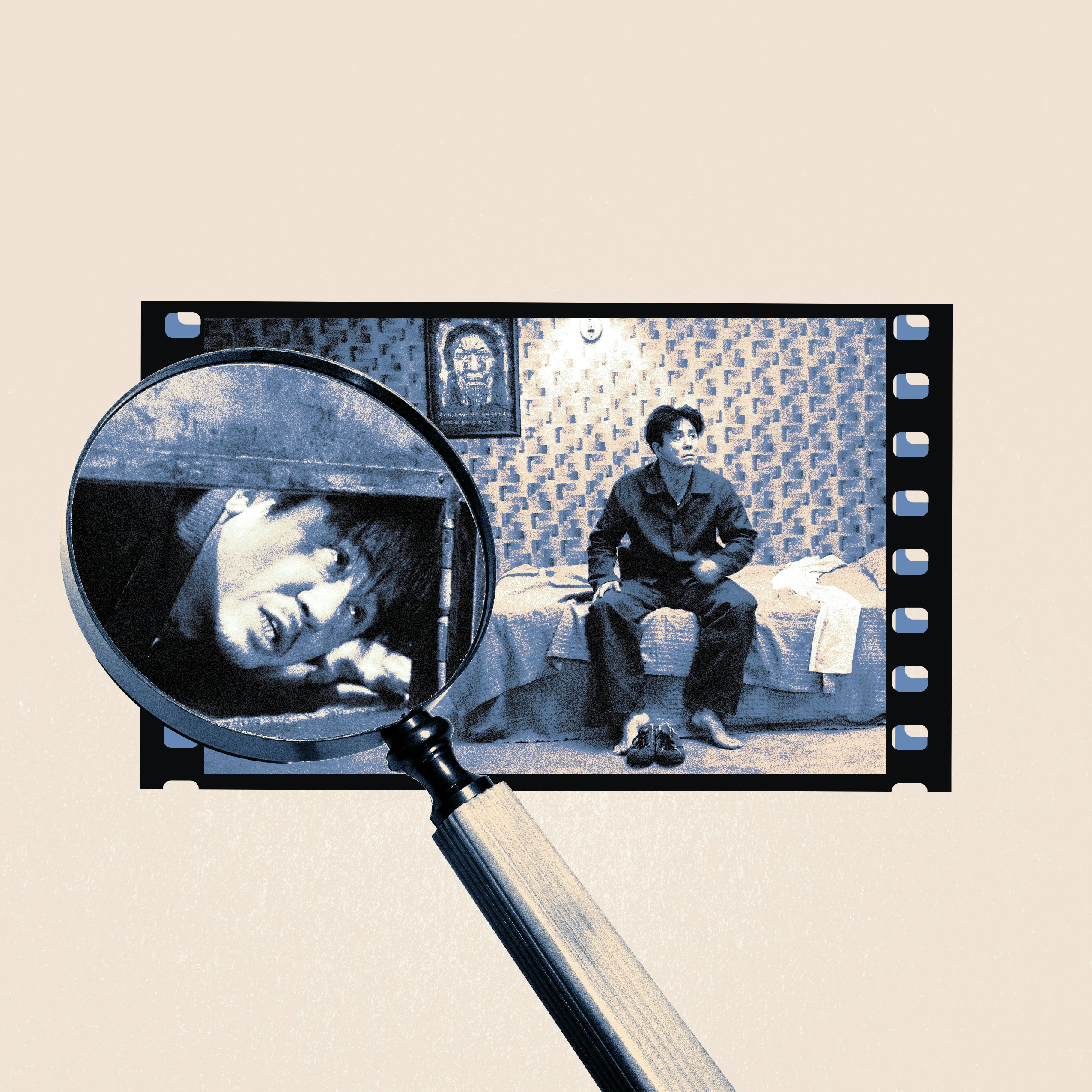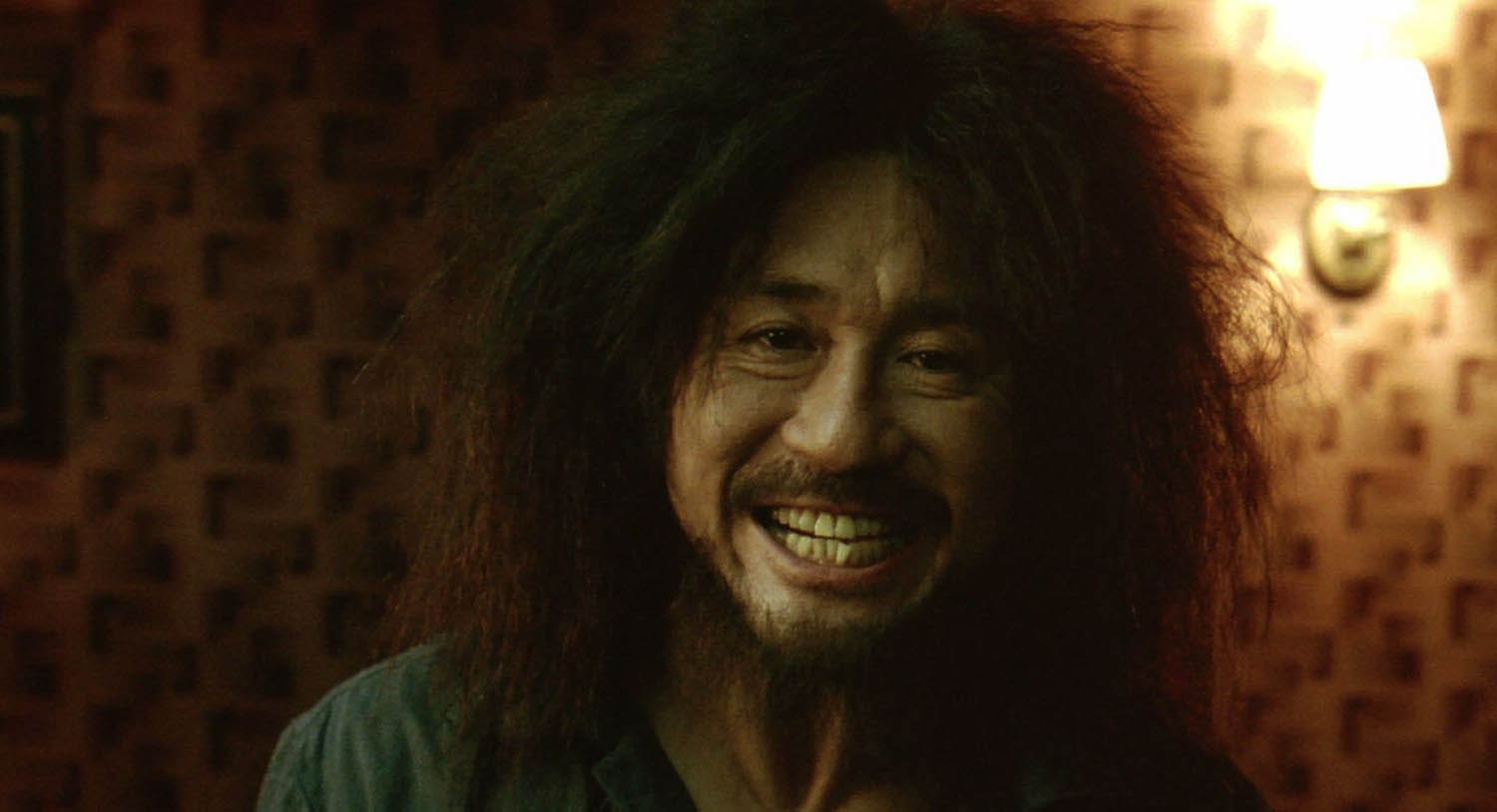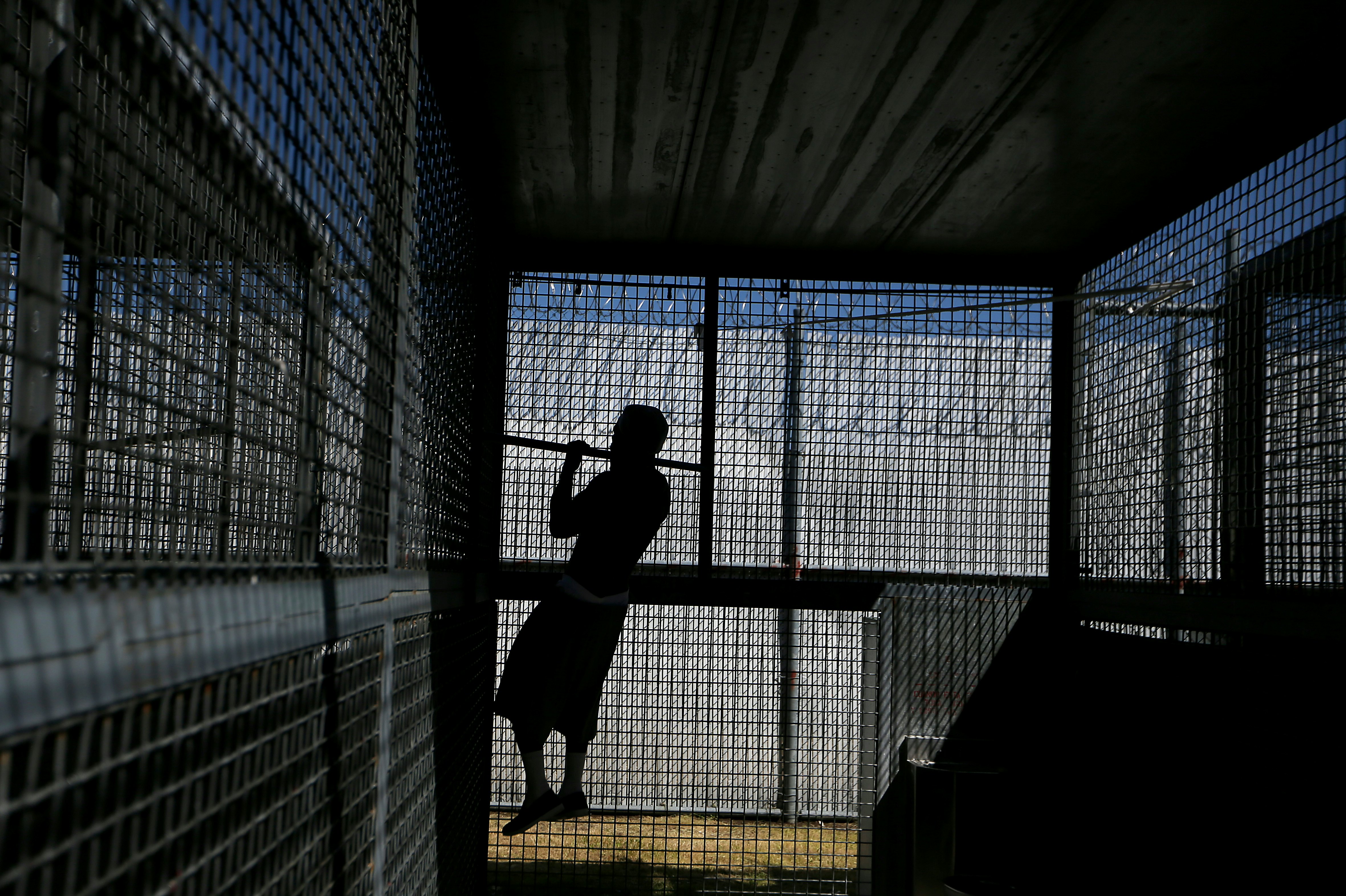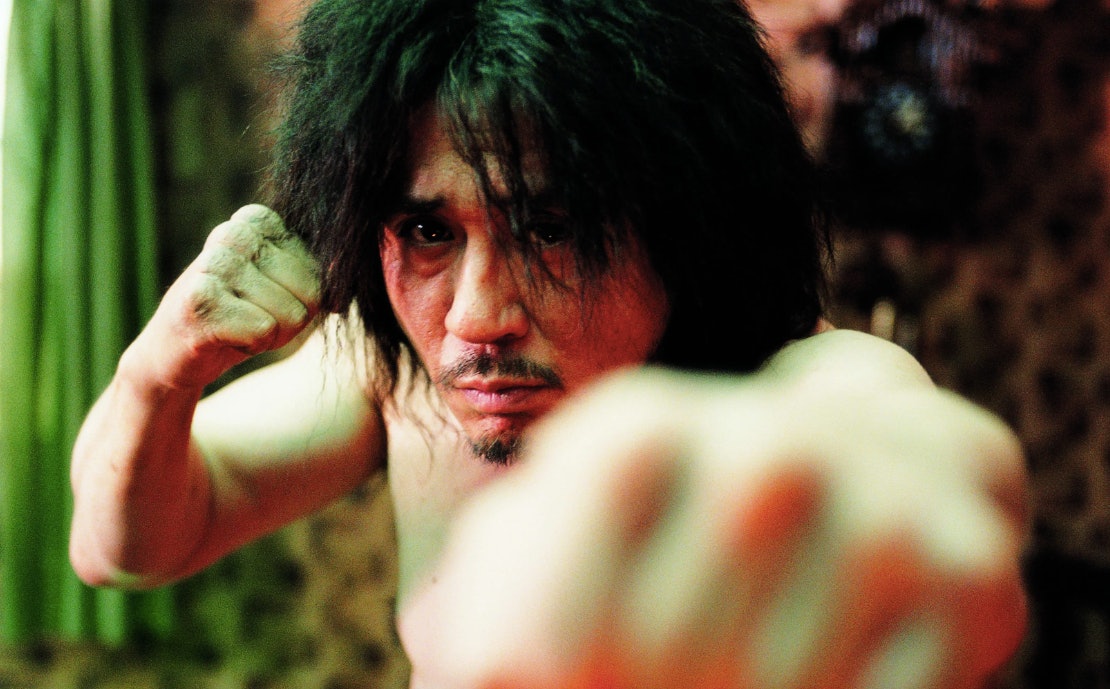
The horrors of solitary confinement are well-documented, and yet, this punishment is still all too common in prisons around the world. In the United States alone, an estimated 122,840 people are held in such isolation, leading to known side effects including paranoia, hallucinations, and suicidal ideation. In November 2003, one movie brought them to life in shocking detail.
In Park Chan-wook’s unforgettable Oldboy, a man named Dae-Su is locked up in a grimy hotel room with nothing to entertain him but a small TV. He has no idea who put him there or why, and his only human interaction comes when his food gets delivered through a hatch in the door by someone who refuses to speak to him. This goes on for 15 years.
When Dae-Su finally escapes, he’s a mentally broken man on a quest for revenge that quickly spirals into a dark odyssey full of stomach-wrenching twists, ultra-violent action, absurdist pitch-black humor, and shocking imagery you can never unsee. However, it’s arguably Oldboy’s opening sequence that makes the movie a cult classic 20 years after its release (and 10 years after Spike Lee’s divisive remake).
“I wanted to make something that felt too real,” Park said in a 2003 interview. “I said from the start, I wanted the film to be felt physically, not just emotionally. I wanted the audience to be tired when they finished the film. I wanted their bodies to be tired.”
So just how real is Oldboy? According to John Lee, the assistant chief clinical officer at Executive Mental Health and a geropsychologist focusing on the well-being of older persons, the movie’s portrayal and solitary confinement and its effects is painfully accurate.
“The impact of being kept alone in a hotel room for 15 years would have devastating adverse effects on people,” Lee tells Inverse. “Prolonged isolation can result in elevated depression and anxiety, and similar to Dae-Su, paranoia, hallucinations, and suicidal ideation and behaviors can be present.”
Your Brain on Isolation

Throughout his 15-year imprisonment, Dae-Su moves through different mental states. We watch him plead for answers, get angry, and experience confusion and apathy, which leads him to numerous suicide attempts. He also undergoes what looks like periods of dissociation, paranoia, and intense hallucinations that are visualized on screen as ants crawling all over his body and under his skin.
Tragically, there are many real-life cases we can draw from when it comes to the experiences of incarcerated people forced to live in solitary confinement. Interviews with the incarcerated have found that the most common effects of solitary confinement are hallucinations, perceptual disturbances, sensitivity to light and sound, anxiety, panic, thought disturbances, and problems with impulse control. It only takes four days of isolation for anxiety levels to significantly increase, according to one study.
These mental and emotional issues can also be accompanied by literal changes in the volume and shape of the brain. A recent study published in the journal Neurology took brain scans from a group of 8,896 Japanese people with an average age of 73. Those who had the least social contact had a brain volume that was markedly lower than those with high levels of social contact, suggesting a loss of neurons and the all-important connections between them. The researchers also found that the most socially isolated people had areas of actual damage in their brain, called white matter lesions. These can be common as people age, but can also lead to memory problems, mood changes, and depression.

“We are intensely social creatures and depriving us of contact with others is cruel,” Francis McAndrew tells Inverse.
McAndrew is a social psychologist and the Cornelia H. Dudley professor of psychology at Knox College. He explains that a lack of sensory stimulation in such a small, unchanging physical environment can magnify the negative effects of this lack of social contact.
“It would cause us to turn our attention inwards in ways we are unaccustomed to, and suicidal ideation and hallucinations are not an unlikely outcome if this was to continue for too long,” McAndrew says.
A crucial distinction arises from research about solitary confinement and Dae-Su's unique experience of isolation — he’s never told why he’s imprisoned or how long for. As he recounts his story after his escape, he says: “If they had told me then that it would be 15 years, would it have been easier to endure… or harder?”
The question of whether knowing the duration of his confinement would have made it easier or harder for Dae-Su to endure is a dizzying one. But McAndrew thinks being kept in suspense would make the experience intolerable.
“It would be virtually unsurvivable,” McAndrew says. “Uncertainty of any sort makes us uncomfortable, and an inability to make any sense out of such an extraordinary and stressful experience would undoubtedly make the whole thing even worse.”
Surviving Solitary Confinement

There aren’t many concrete, scientific answers as to why some people are better at coping with isolation than others. But there are stories of people who have found meaning in their experiences, which seems to be a driving force behind their survival.
Lee points to one example: Albert Woodfox, a man who was wrongfully imprisoned for 43 years at Louisiana's Angola Prison and spent most of that time in solitary confinement. Woodfox claims he maintained his sanity by creating and focusing on a list of things he would accomplish on his release, like eating a good, home-cooked meal and visiting Yosemite National Park.
In Oldboy, Dae-Su takes a similar approach, writing an endless list of people who might have reason to imprison him. “This was both my prison journal and autobiography of my evil deeds,” the character narrates.
But Dae-Su also has another tool at his disposal: revenge. For 15 years he chips away at the walls of his room with a spare chopstick and trains relentlessly in martial arts. His ultimate goal is to escape, learn the truth of his imprisonment, and take vengeance on his anonymous captor.
“I'll rip your whole body apart,” he shouts at his imagined enemy. “No one will be able to find your body anywhere because I'm going to chew it all down.”
Cannibalism aside, Lee believes that this bloodthirsty quest may have been the very thing that saved Dae-Su (though if you’ve seen the movie, you know director Park Chan-wook isn’t a fan of revenge in general).
“Despite not knowing the reason for his predicament, his laser-focus on escape and vengeance helped drive him,” Lee says. “They became his ‘why’, his meaning, and ultimately that helped maintain his motivation and sanity.”
Cold comfort if you're Dae-Su, but it certainly makes for good cinema.







